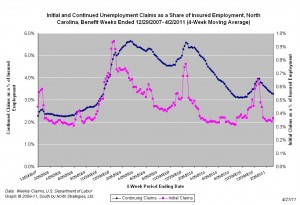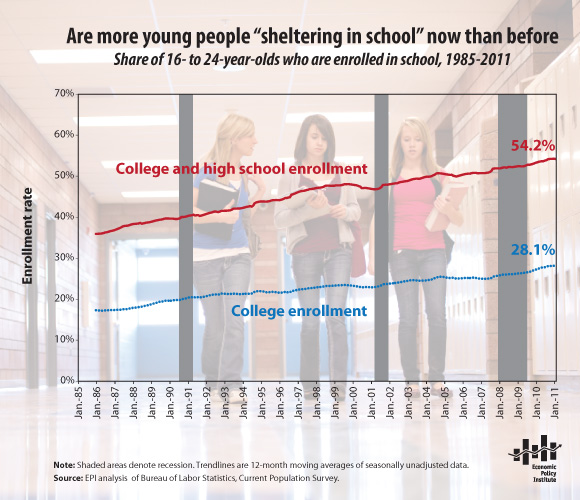25.04.2011
Policy Points
Robert Skidelsky worries about the growing conflict between the standards of democracy and finance.
This is not to deny that some governments have been living beyond their means, and that shorting their debt is how financial markets hold them accountable. But, in the last resort, it is voters, not markets, which hold governments to account. When these two accounting standards diverge, the popular standard must prevail if democracy is to survive.
…
The tension between democracy and finance is at the root of today’s rising discontent in Europe. Popular anger at budget cuts imposed at the behest of speculators and bankers has toppled leaders in Ireland and Portugal, and is forcing the Spanish prime minister into retirement.
…
Of course, there are other targets: Muslim immigrants, ethnic minorities, bankers’ bonuses, the European Commission, the ECB. Nationalist parties are gaining ground. In Finland, the anti-European True Finns party has shot up from nowhere to the brink of power.
…
So far, none of this has shaken democracy, but when enough people become vexed at several things simultaneously, one has the makings of a toxic political brew. Nationalism is the classic expression of thwarted democracy.
22.04.2011
Policy Points
Policy Points will not appear today due to the observance of Good Friday. Normal posting will resume on Monday, April 25, 2011. Thank you for your interest in the blog.
21.04.2011
Policy Points
Economic policy reports, blog postings, and media stories of interest:
21.04.2011
Policy Points
For the benefit week ending on April 2nd, 17,143 North Carolinians filed initial claims for state unemployment insurance benefits, and 121,940 individuals applied for state-funded continuing benefits. Compared to the prior week, there were more initial and continuing claims. These figures come from data released by the U.S. Department of Labor.
Averaging new and continuing claims over a four-week period — a process that helps adjust for seasonal fluctuations and better illustrates trends — shows that an average of 13,483 initial claims were filed over the previous four weeks, along with an average of 121,542 continuing claims. Compared to the previous four-week period, there were more initial and fewer continuing claims.
One year ago, the four-week average for initial claims stood at 13,904 and the four-week average of continuing claims equaled 191,875.
While the number of claims has dropped over the past year so has covered employment. Last week, covered employment totaled 3.7 million, down from 3.9 million a year ago.
 The graph (right) shows the changes in unemployment insurance claims (as a share of covered employment) in North Carolina since the recession’s start in December 2007.
The graph (right) shows the changes in unemployment insurance claims (as a share of covered employment) in North Carolina since the recession’s start in December 2007.
Both new and continuing claims appear to have peaked for this cycle, and the four-week averages of new and continuing claims have fallen considerably. Yet continuing claims remain at an elevated level, which suggests that unemployed individuals are finding it difficult to find new positions.
21.04.2011
Policy Points
The Economic Policy Institute finds that young adults (ages 16-24) are not using higher education as a safe harbor to ride out the storm of the recession.




 Email Sign-Up
Email Sign-Up RSS Feed
RSS Feed